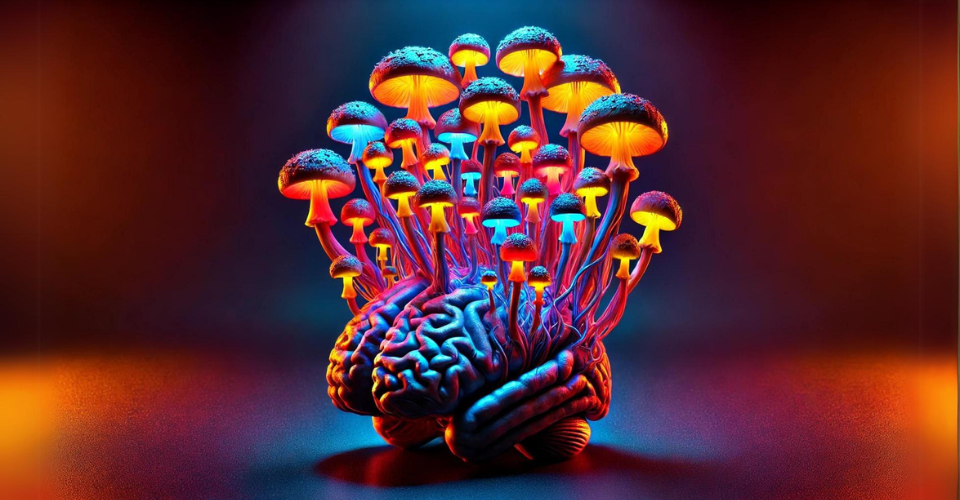According to a recent article published in Brain, one of the most authoritative scientific journals, psilocybin is able to reduce rats’ alcohol consumption by changing gene expression within the reward system of their brains. This finding also increases possibilities for potentially treating alcohol use disorder among human beings.
A Persistent Challenge Known As Alcohol Use Disorder
Alcohol use disorder (AUD) is a chronic disease which involves having inability to stop drinking despite experiencing severe social, occupational or health consequences. Although behavioral therapy, medication and support groups are common treatments for AUDs, they often fail to yield long-term recovery hence the need for more effective interventions.
The Role of Psilocybin in Treating AUD
In some species of mushrooms there is psilocybin which has been used culturally and spiritually since ancient times. Modern scientific interest in psilocybin has grown significantly because it has potential therapeutic uses. Several clinical trials have shown that psilocybin-assisted therapy may be useful in treating mental disorders including depression, anxiety and addiction.
Methodology and Findings: The Study
This study involved using 66 male Long-Evans rats to establish how alcohol consumption could be affected by using psilocybin. To achieve this aim, the researchers either injected the drug into brain regions, especially left or right nucleus accumbens directly or through intraperitoneal injection.
The differences were astonishing; rats given psilocybin had less lever presses by 48% as well as reduced total alcohol intake by 51% compared with those who received saline solution. In contrast, microinjections into the left nucleus accumbens resulted in a decrease of lever presses by 38% while alcohol intake reduced by 39%, but injection into the right nucleus accumbens did not cause significant changes.
Mechanisms of Action
Molecular effects of psilocybin were examined and the study discovered significant alterations in gene expression related to pathways of dopamine and serotonin within the nucleus accumbens. In particular, decreasing 5-HT2A mRNA expression was found in left nucleus accumbens while BDNF mRNA levels are up-regulated in right nucleus accumbens.
Moreover, ketanserin, a 5-HT antagonist blocked psilocybin effects when it pretreated rats, thereby confirming the involvement of serotonin receptors in this process.
Implications and Future Research
However, there is a need to bear in mind that rats and humans differ both physiologically and behaviorally. Therefore, translating these results into clinical practice would require extensive research to establish their efficacy as well as safety.
The authors of this ground-breaking article titled “Psilocybin reduces alcohol self-administration via selective left nucleus accumbens activation in rats” are Jérôme Jeanblanc, Romain Bordy, Grégory Fouquet, Virginie Jeanblanc and Mickaël Naassila. Thus, this groundbreaking research opens new paths for the possible treatment of alcohol use disorder by implying that further studies on psilocybin should be conducted.




























